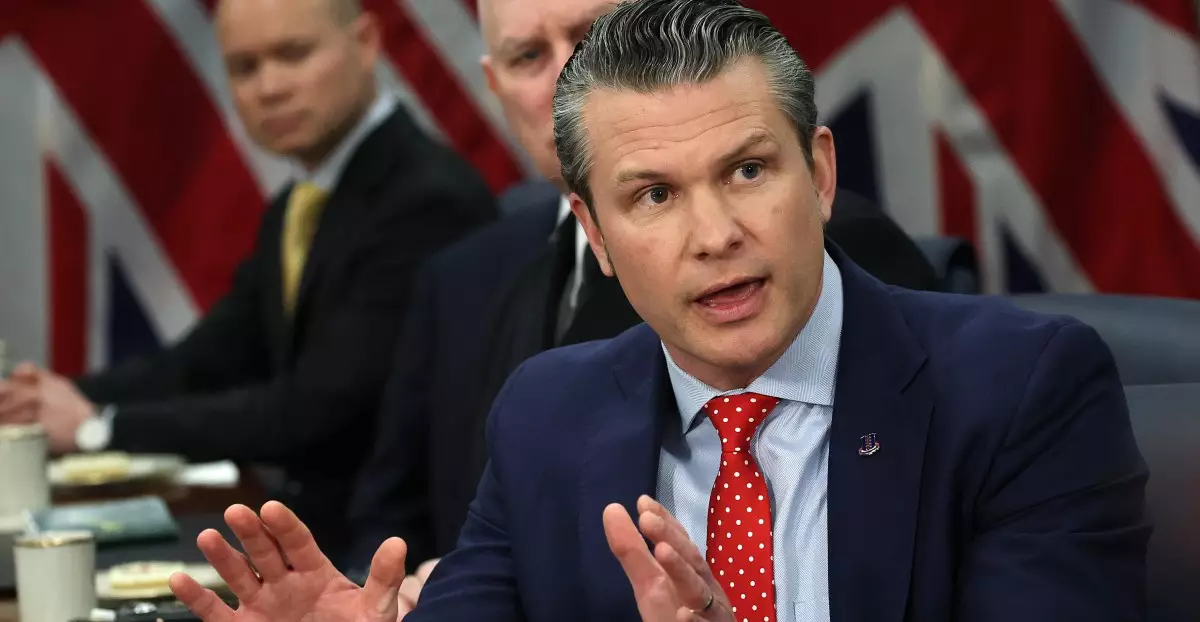In a surprising turn of events that raises serious concerns over military communication practices, members of the Trump administration inadvertently included The Atlantic’s editor-in-chief, Jeffrey Goldberg, in a group chat with a name that sends shivers down the spine for anyone concerned about national security: “Houthi PC Small Group.” The implications of this blunder are staggering—high-level discussions about military operations were essentially opened to the ears of an outsider, showcasing not just a lapse in discretion but a fundamental misunderstanding of how securely sensitive information should be handled.
The inclusion of Goldberg in what was supposed to be a secure conversation about upcoming military strikes in Yemen reveals not only a lack of protocol but also an alarming disregard for the potential fallout from such communications. When the Vice President and other Cabinet officials are casually chatting about classified military objectives, the stakes couldn’t be higher. It’s a scenario that emphasizes the inherent risks of using consumer messaging apps, such as Signal, for military discussions—despite its robust encryption capabilities.
Trust Issues in Digital Security
The incident underscores a troubling reality: even those who inhabit the highest echelons of power can fail miserably at cybersecurity. Discussions that should be confined to secure channels were conducted through an unsecured group chat, leading to what could only be described as an admission of vulnerability. Despite Signal’s promising security features, the mere presence of an unauthorized member raises significant questions regarding the adequacy of existing protocols. Concerned national-security experts have pointed out that consumer apps are not approved for discussing sensitive operations—an oversight that could have catastrophic consequences.
The rapid descent into chaos following the group’s discussions exemplifies the dire need to establish concrete boundaries around communication. The joyful exchange of celebratory emoji among members post-strike—American flags, flexed biceps—betrays any semblance of seriousness regarding the weight of their conversations. It’s one thing to celebrate military success, but the aftermath of unsecured conversation should evoke reflection, not jubilation.
The Legal and Ethical Implications
What happens when those in power disregard the protocols designed to protect national interests? The potential that classified information could be broadcasted, even inadvertently, is concerning. National-security lawyers emphasize that not only was the content of their conversations inappropriate for the medium chosen, but it called into question the ethical integrity of officials who should be fully aware of the implications of such exposure. An overlay of legal accountability beckons—was anyone prepared to face the repercussions of this lapse in secure communication, and who would be held responsible if sensitive data fell into adversaries’ hands?
Overall, the “Houthi PC Small Group” incident serves as a reminder that while technology offers incredible tools for communication, it also introduces new vulnerabilities. Ensuring that military conversations remain classified is not just about choosing the right app; it’s about fostering a culture of security and respect for the gravity of the subjects discussed. The need for rigorous adherence to established protocols has never been more urgent in a geopolitical landscape where data breaches could alter the course of history.

